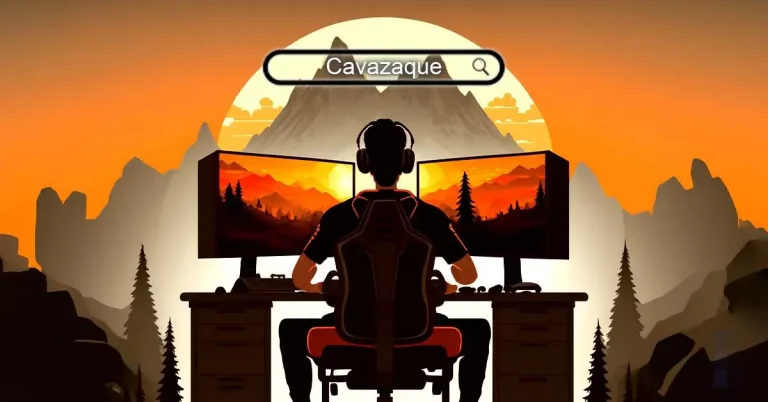TRAILS CAROLINA DEATH: A TRAGIC INCIDENT THAT RAISES QUESTIONS
The recent tragedy surrounding the death of a participant in the Trails Carolina wilderness rehabilitation program has sparked significant scrutiny of the organization. This incident has not only highlighted concerns within the program itself but has also shed light on broader issues regarding juvenile mental health treatment. In this article, we will delve into the details of the Trails Carolina incident, examining its underlying causes, repercussions, and possible implications for the future of such programs.
UNDERSTANDING WILDERNESS THERAPY
What Is Wilderness Therapy?
Wilderness therapy represents an unconventional approach to addressing the needs of troubled youth, where they are immersed in natural settings for extended periods. Removed from the trappings of civilization, participants engage in activities aimed at fostering emotional and behavioral growth.
THE RISE OF WILDERNESS THERAPY
Wilderness therapy offers an alternative approach to addressing behavioral challenges in troubled youth by immersing them in the wilderness. Through extended stays in natural environments, participants are removed from civilization to focus on improving their emotional and behavioral well-being.
The Tragic Incident
THE BACKGROUND
For years, the Trails Carolina program has operated amidst the picturesque landscapes of North Carolina. Families seeking transformative experiences for their troubled adolescents have eagerly enrolled in the program, anticipating significant changes ahead.
THE DETAILS
During a wilderness therapy session, a tragic event unfolded as a 16-year-old participant lost their life. The incident occurred during a hike, and authorities are still in the process of piecing together the details surrounding the event.
THE AFTERMATH
The demise reverberated throughout the community, prompting parents, educators, and mental health professionals to scrutinize the safety of such programs for the children under their supervision.
Safety Concerns
ACCOUNTABILITY
In the wake of this tragedy, accountability has become a focal point. Who bears the responsibility for ensuring the safety of individuals participating in wilderness therapy programs? How can we fortify measures to prevent similar catastrophes from occurring in the future?
REGULATION
Wilderness therapy programs operate within a legal gray zone, lacking significant regulation. The lack of defined legislation and licensing requirements contributes to uncertainty surrounding these initiatives.
The Efficacy Debate
DOES WILDERNESS THERAPY WORK?
Despite fervent endorsements from some parents and therapists, there remains scant evidence backing the long-term efficacy of wilderness therapy. Critics argue that traditional therapy approaches might offer greater safety and effectiveness.
ETHICAL CONSIDERATIONS
The utilization of wilderness and seclusion as therapeutic techniques raises ethical considerations. Is it appropriate to subject troubled teenagers to treatment in the wilderness, given the inherent risks and uncertainties involved?
Youth Mental Health And Treatment Alternatives
THE BROADER ISSUE
The Trails Carolina incident serves as a poignant symbol of the broader struggle in addressing mental health among young individuals. Are we adequately supporting enough young people grappling with mental health issues? And is there a viable alternative to wilderness treatment?
ALTERNATIVE APPROACHES
Several options are available for addressing mental health disorders in young people, including individual treatment, family therapy, and, when deemed necessary, medication. These approaches prioritize both safety and empirical evidence.
Conclusion
The tragic fatality at Trails Carolina underscores the pressing imperative to scrutinize and reform the implementation of wilderness treatment. This prompts apprehensions regarding the programs’ safety, efficacy, and ethical considerations. Going forward, prioritizing the mental well-being of our adolescents is paramount, necessitating a quest for safer and more efficacious treatment modalities.






